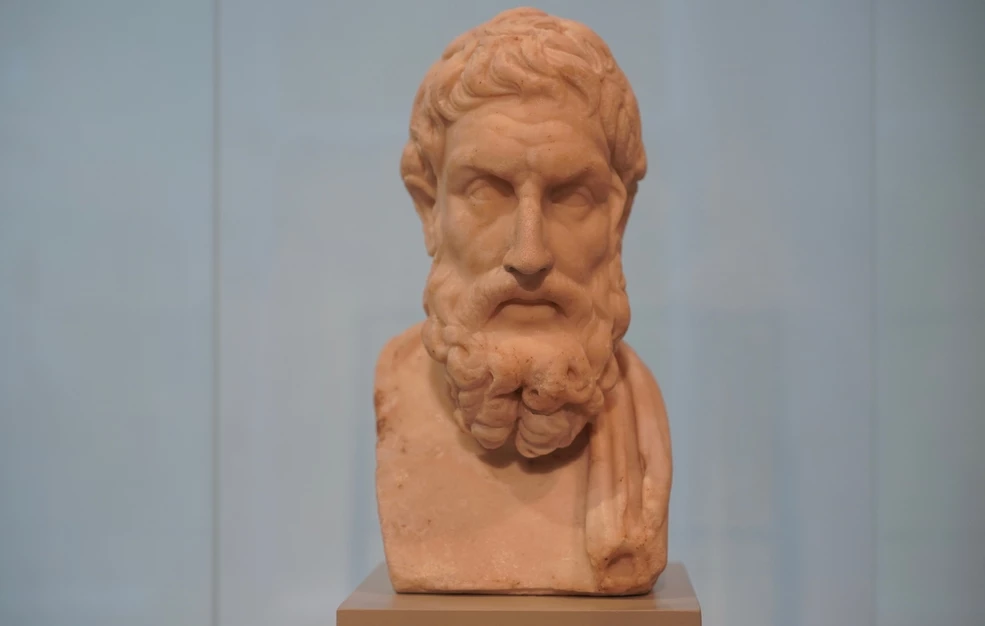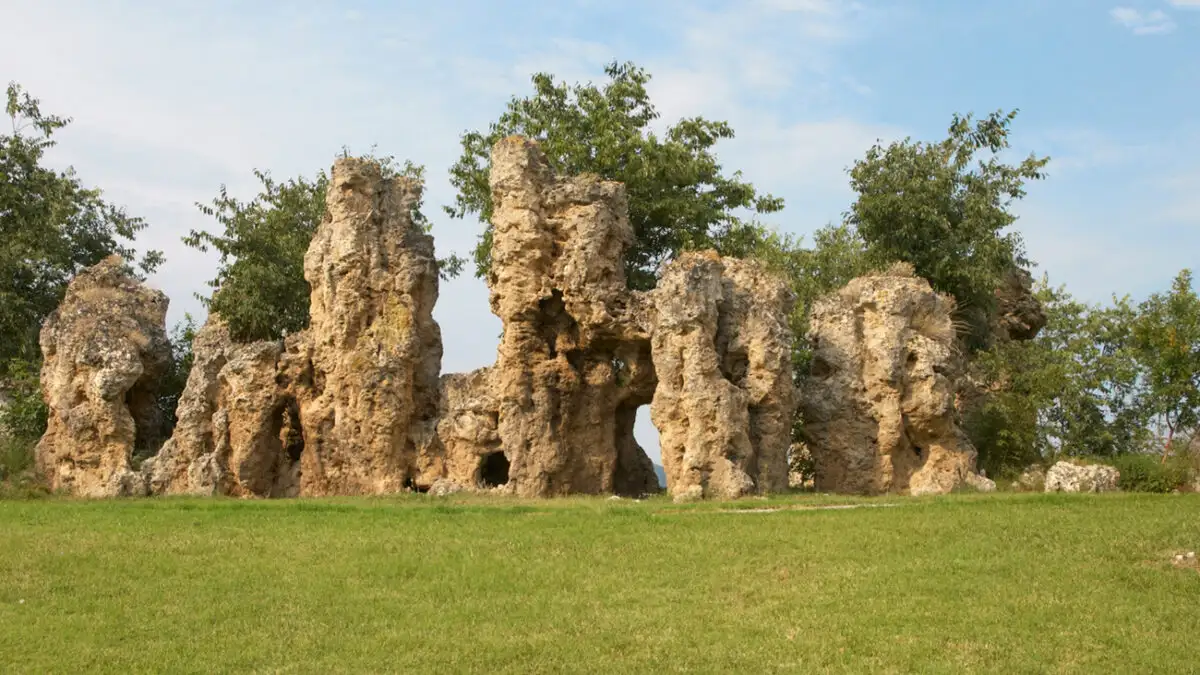"Voices of Heritage: Exploring the Rich Tapestry of Greek Dialects"
Greek, with its rich history and evolution, is not a monolithic language but rather a mosaic of diverse dialects. Each dialect is not only a different way of speaking but also a carrier of unique historical and cultural backgrounds. This article aims to explore the intricate tapestry of Greek dialects, shedding light on their characteristics, origins, and the role they play in modern linguistics and cultural identity.
Overview of Greek Dialects
Greek dialects can be broadly categorized into several groups, including, but not limited to, the Hellenistic Koiné, Byzantine Greek, and the modern regional dialects found throughout Greece and the Greek-speaking world. From the ancient dialects spoken in regions like Arcadia, Attica, and Ionian to the modern variations such as those of the Aegean Islands, Crete, and Cyprus, each dialect contributes to the linguistic richness of the Greek language. This article will delve into these variations, discussing their historical development and geographical spread.
Importance of Dialect Studies in Understanding Linguistic and Cultural Heritage
Studying these dialects is crucial not only for linguistic purposes but also for preserving and understanding the Greek cultural heritage. Dialect research offers insights into the migration patterns, historical events, and cultural exchanges that shaped Greece. It helps to preserve these dialects as living relics of Greece’s past and as active influences on the contemporary Greek language and culture.
Historical Overview
Origins of the Greek Language
The Greek language, part of the Indo-European language family, traces its roots back to the Proto-Greek language, which began to diverge from other Indo-European tongues around 2000 BCE. This early form of Greek, spoken by the Helladic or Mycenaean civilization, is attested in the Linear B script of the second millennium BCE, making it one of the oldest documented languages in Europe.
Development of Ancient Greek Dialects
As the Greek-speaking world expanded and diversified, several distinct dialects emerged during the classical period. These dialects include:
Ionic: Predominantly used in the eastern territories, including the islands of the Aegean and the coast of Asia Minor. Ionic is known for its influence on the development of Attic Greek, which later evolved into the Classical Greek used in much of the literature of the era.
Doric: Spoken in the Peloponnese, Crete, and parts of Sicily. Doric is characterized by its conservative phonological features and was the dialect of many choral lyric poets.
Aeolic: Associated with the regions of Thessaly, Boeotia, and Lesbos. Sappho and Alcaeus, notable poets from Lesbos, wrote in an Aeolic dialect, which contributed significantly to the literary heritage of Greece.
These dialects were not just linguistic variations but also reflections of the political and cultural identities of the regions where they were spoken.
Influence of Historical Events on Dialect Evolution
Greek dialects were profoundly influenced by major historical events. The conquests of Alexander the Great and the subsequent spread of Hellenistic culture led to the widespread adoption of the Koiné Greek dialect, a common derivative primarily based on Attic and influenced by other dialects. This lingua franca was essential for administration and communication across the Hellenistic world. Later, the Roman conquest of Greece and the integration of Greek as a major cultural and educational language in the Roman Empire further influenced the evolution of Greek dialects, leading to Medieval and eventually Modern Greek variations.
Geographical Distribution
Overview of Regions
Greek dialects are spoken across Greece and in numerous diaspora communities around the world. In Greece itself, dialects vary significantly from one region to another, influenced by historical, geographical, and social factors. Here are some of the key regions and the dialects associated with them:
Northern Greece: Includes dialects with Slavic and Turkish influences due to historical occupations. Variants here include those spoken in Macedonia and Thrace.
Central Greece: Encompasses dialects from areas like Thessaly and Euboea, which show less influence from Koiné than those of southern Greece.
Peloponnese: Home to a range of dialects, some preserving archaic features not found in Standard Modern Greek.
Ionian Islands: These dialects are noted for their archaic Italian influences and distinct phonetic characteristics.
Aegean Islands & Crete: Each island or group of islands often has its own dialect, with Cretan Greek being particularly distinctive and retaining many features from classical Greek not present in other modern dialects.
Cyprus: Cypriot Greek is significantly different from mainland dialects, with its own phonetic, lexical, and grammatical characteristics.
Linguistic Features of Greek Dialects
Phonetics and Phonology
Greek dialects exhibit notable variations in phonetics and phonology, which can be observed in:
Vowel Sounds: Differences in vowel length and quality are evident among the dialects. For example, Cretan Greek often features more elongated vowels compared to those in standard Modern Greek.
Consonant Clusters: Northern dialects may preserve older consonant clusters that have been simplified in other modern varieties.
Stress and Intonation: Variations in stress patterns and intonation can significantly impact the rhythm and melody of the dialects, influencing how they are perceived by speakers of other dialects.
Morphology and Syntax
Morphological and syntactic variations reflect historical and geographic separations between dialect groups:
Verb Conjugation: Dialects may use different verb endings or auxiliary verbs, especially in forming tenses and moods.
Noun Declension: Variations in case endings are common, particularly in the less Hellenized dialects where ancient case distinctions are sometimes preserved.
Word Order: While Standard Modern Greek typically follows SVO (Subject-Verb-Object) order, some regional dialects might exhibit variations, particularly in interrogative or emphatic constructions.
Lexicon and Semantics
The vocabulary of Greek dialects often includes unique words and meanings:
Lexical Choices: Each dialect may have distinct words for common items or concepts, influenced by regional customs or historical interactions with other cultures (e.g., Turkish or Italian borrowings in some island dialects).
Semantic Shifts: The same word may have different meanings across dialects, reflecting variations in cultural context and usage.
Comparative Analysis Between Dialects
Comparing these features across dialects highlights the rich linguistic diversity within the Greek language:
Between Northern and Southern Dialects: Northern dialects might retain features from Balkan sprachbund due to historical Slavic influences, whereas southern dialects, especially those in the Peloponnese and islands, often show more influence from medieval and ancient Greek forms.
Island vs. Mainland Dialects: Island dialects frequently exhibit more conservative features, preserving archaic terms and structures, while mainland dialects may be more influenced by Standard Modern Greek due to greater media exposure and internal migration.
Contemporary Status of Greek Dialects
Current Prevalence of Greek Dialects
Greek dialects continue to be spoken across various regions, though their prevalence varies significantly:
Urban vs. Rural Areas: In urban areas like Athens or Thessaloniki, Standard Modern Greek dominates due to its use in education, media, and public life. However, in rural and isolated regions, local dialects are more commonly spoken, serving as a daily language of communication.
Diaspora Communities: Greek communities abroad often preserve dialects that may no longer be widely spoken in Greece itself. For example, Greek Australians from the island of Castellorizo maintain their ancestral dialect, which is now rarely heard in its native region.
Language Preservation Efforts
Preservation of Greek dialects has become a crucial cultural concern:
Academic Studies and Documentation: Universities and linguistic institutes are actively studying and documenting Greek dialects. These efforts include recording native speakers and compiling dictionaries and grammars of less-documented dialects.
Cultural Initiatives: Local cultural organizations and community groups often host events, workshops, and classes to teach and promote regional dialects, aiming to keep them alive for future generations.
Influence of Standard Modern Greek on Regional Dialects
The spread of Standard Modern Greek, driven by education, media, and mobility, affects regional dialects:
Convergence: There is a general trend of dialects converging towards the standard language, especially among younger generations who are more exposed to it through schooling and national media.
Loss of Unique Features: As dialects converge with Standard Modern Greek, unique phonetic, lexical, and syntactic features are often lost. This can lead to a reduction in linguistic diversity within the Greek language.
Case Studies
Cypriot Greek
Characteristics and Current Status: Cypriot Greek is known for its distinctive intonation patterns and conservative features that differentiate it from Standard Modern Greek. Notably, it retains the ancient Greek plosive sounds [p], [t], and [k] in positions where they have been fricativized to [f], [θ], and [x] in other dialects. It is widely used in everyday communication in Cyprus, in both formal and informal contexts.
Preservation Efforts: There are ongoing efforts in Cyprus to preserve this dialect through education and media. Cypriot Greek is featured in local television and radio programming, and there is a movement among educators to incorporate it more fully into the educational curriculum to celebrate linguistic diversity.
Tsakonian
Characteristics and Current Status: Tsakonian, descended from Ancient Doric Greek, is critically endangered. Spoken in a few villages in the Peloponnese, it is markedly different from any other modern Greek dialects, with unique vocabulary and grammar. The number of fluent speakers has dwindled, with most being elderly.
Preservation Efforts: Preservation efforts are community-driven and supported by some academic projects. Local initiatives include language classes and the documentation of the dialect through recordings and dictionaries. There is also an emphasis on cultural festivals that celebrate Tsakonian heritage, aiming to raise awareness and pride among younger generations.
Pontic Greek
Characteristics and Current Status: Pontic Greek, originating from Greek communities along the Black Sea, is notable for its use of archaic vocabulary and its own unique form of verb conjugation. The dialect has survived through a strong oral tradition, despite the historical displacements of its speakers.
Preservation Efforts: In Greece, Pontic Greek is experiencing a revival through music and dance ensembles, as well as in language courses offered in communities with a high population of Pontic descent. Additionally, scholarly work in recording and studying the dialect helps in understanding its structure and promoting its use.









